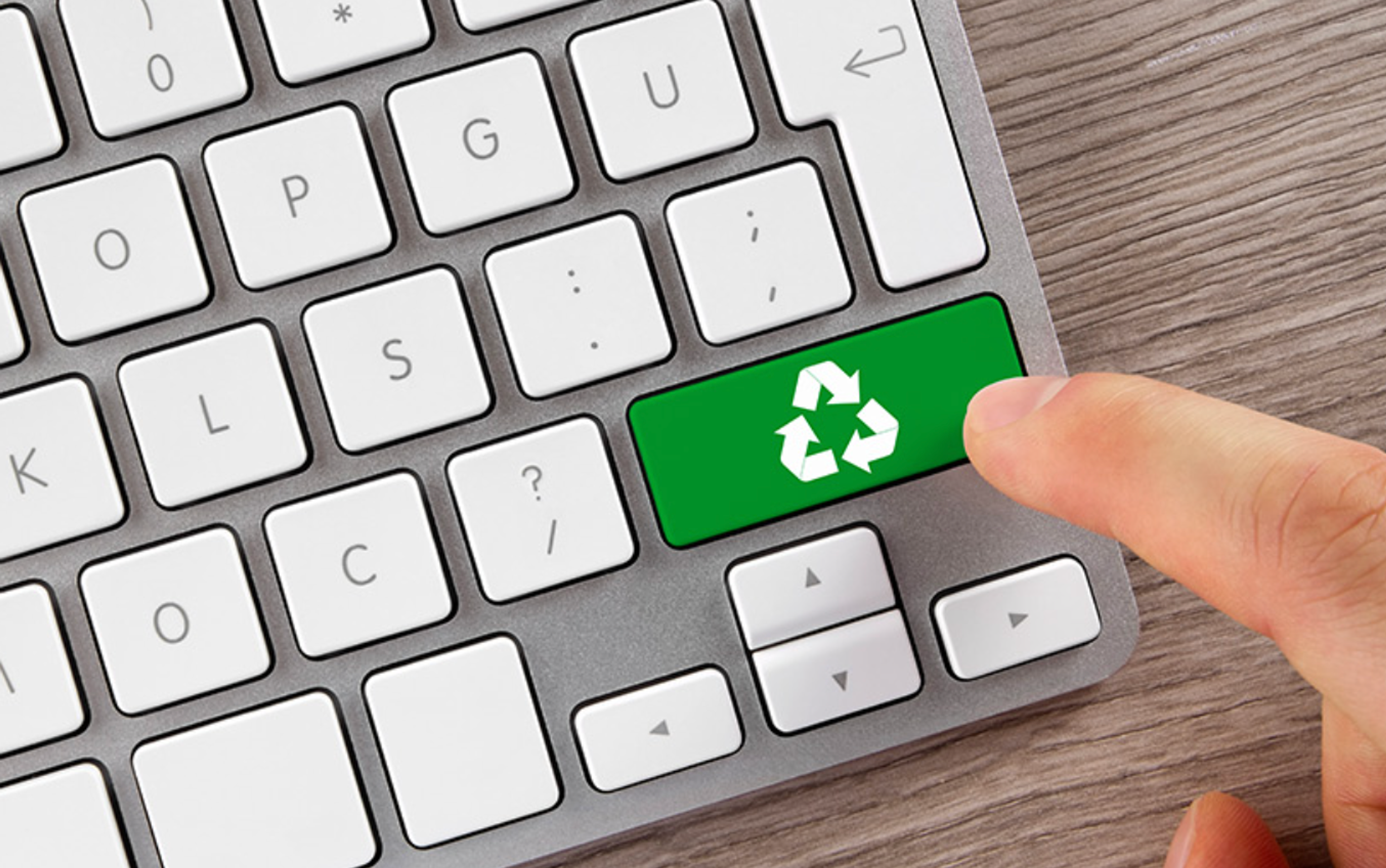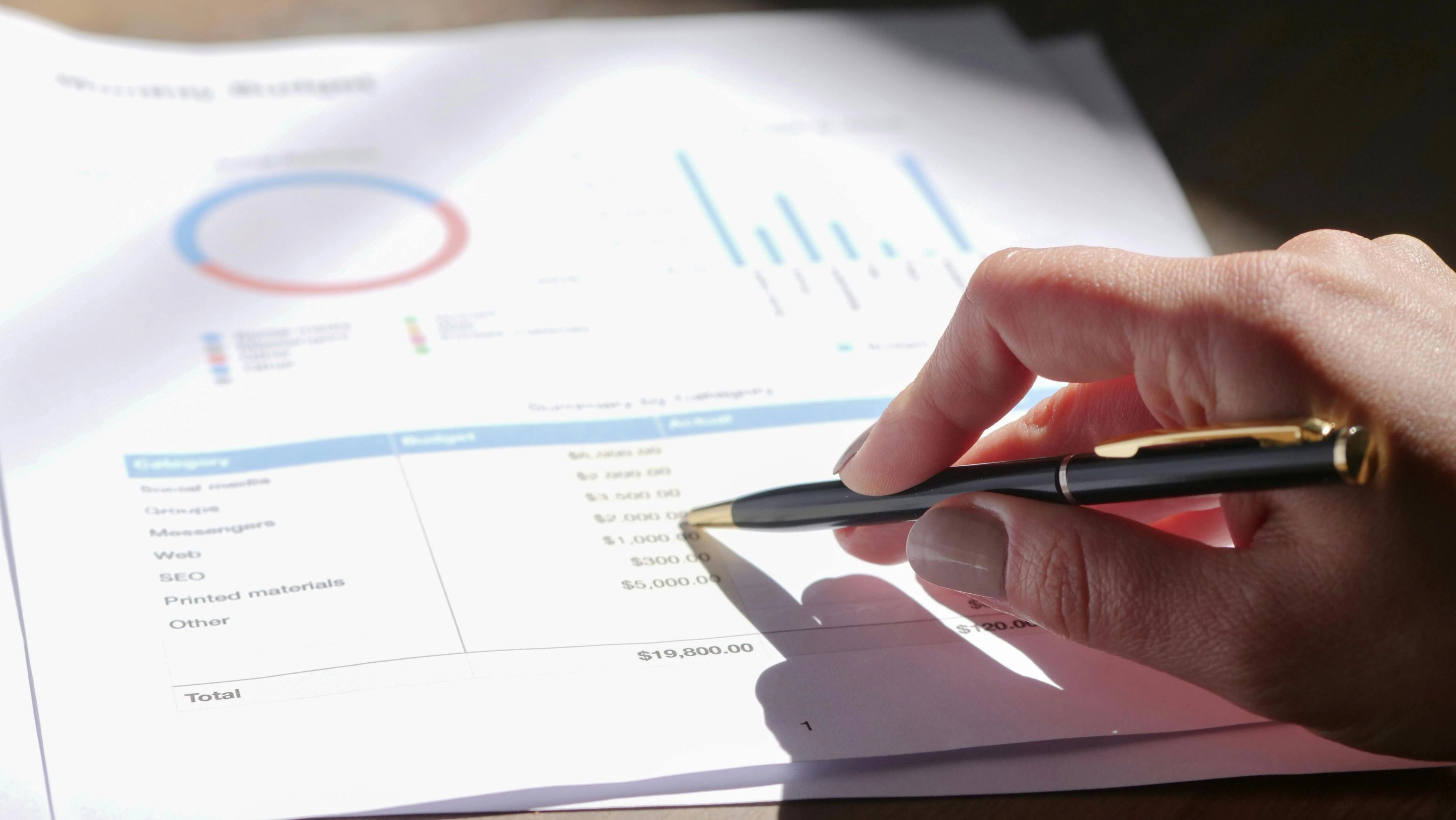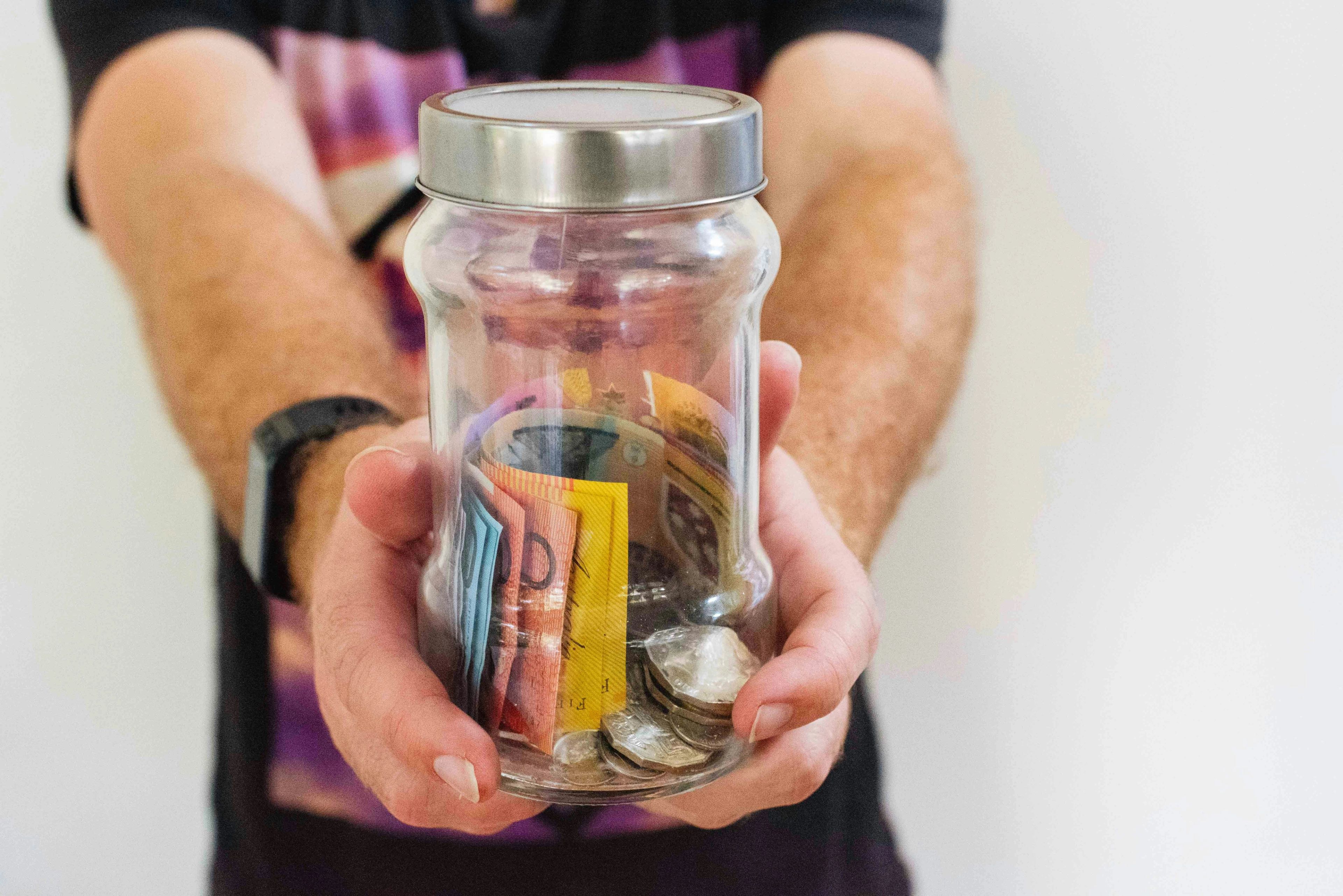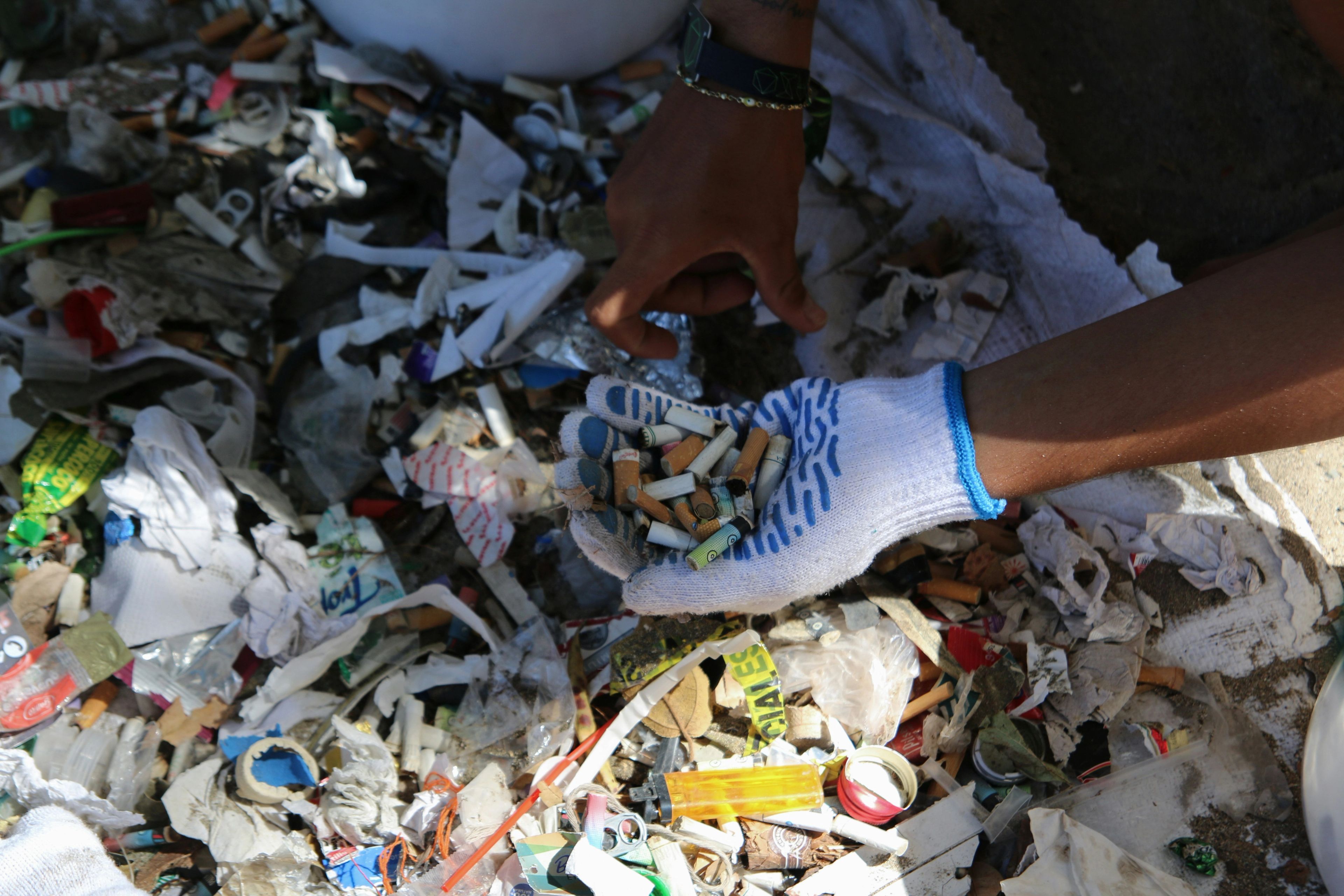Promoting Sustainability and Environmental Accountability
The role of waste auditors
Have you considered getting your waste audited? It might be more important than you think.
When it comes to ‘audits’, many businesses and event organisers may have an apprehensive reaction at first, but these audit services play a crucial role behind the scenes. Waste auditors are the people who measure, analyse, and report on what’s really happening with your rubbish and recycling. Their work provides the insight you need to make smarter decisions, cut costs, and reduce environmental impact.
In Australia, businesses generate 12,500,000 tonnes of waste every year. Around 70% of this waste can be recycled, but almost half of that goes to landfill. With environmental accountability increasingly tied to both regulation and reputation, waste audit services can be an excellent way for organisations that want to amplify their accountability.
In this blog, we’ll explore who waste auditors are, what they do, and how their services can improve sustainability outcomes while helping businesses and events stay efficient.
What are Waste Auditors?
Waste auditors measure and analyse waste streams within a business or an event, helping their owners understand exactly how much waste they generate and where it ends up. Here’s what a typical waste auditor’s responsibilities include:
- Conducting waste audits to categorise and measure different waste streams.
- Collecting and recording data on recyclable, compostable, and landfill waste.
- Analysing results and identifying opportunities for improvement.
- Producing reports that provide clear, actionable recommendations.
In a cafe, for example, a waste auditor helps cafe owners understand how much of their waste is organic (i.e. food scraps, coffee grounds), landfill waste, and recyclable waste. Auditors use a mix of tools and methodologies to gather information, such as sorting and weighing systems and specialised data software.

These auditors then document their findings, which include waste diversion rates and recycling performance in a report, and suggest recommendations for their clients to implement better waste management practices.
The Waste Auditing Process
A waste audit is a structured process that incorporates data and promotes transparency. Here’s what a typical audit looks like:
- Planning: We start by establishing goals and defining the scope of the audit (e.g. office, event, or facility).
- Collection and Sorting: Once the audit starts, the waste auditor begins by gathering waste samples and sorting them into categories like plastics, paper, metals, organics, and general landfill.
- Weighing and Recording: Each waste category is carefully weighed and documented.
- Data Analysis: The waste auditors will then interpret the findings to calculate diversion rates, recycling efficiency, and any resource recovery opportunities.
- Reporting: These results are then presented with key metrics such as total waste generated, percentage diverted from landfill, and recommendations for improvements.

As an example, Clean Vibes’ waste audit and management services include complete Waste Management Plans (WMP) and detailed reports to help our clients understand where their waste goes and adopt practical waste management steps.
Now that we understand the role of waste auditors and what the process looks like, let’s discuss some of the known benefits of waste auditing.
Contribution to Operational Efficiency and Cost Reduction
Waste audits come with a very practical benefit: cost savings. By identifying inefficiencies in the waste management process, businesses and events can reduce any unnecessary disposal costs. For example, diverting more waste to recycling or composting can significantly cut landfill expenses.
Audits often uncover surprising insights, such as overuse of single-use packaging and even poor placement of recycling bins. Acting on these findings can improve operations, reduce waste handling costs, and allow a company to allocate its resources better. More importantly, it aligns a business with environmental regulations and avoids costly penalties.

Driving Waste Reduction, Recycling, and Resource Recovery Initiatives
Waste auditors not only identify issues with your current waste processes, but also recommend new and innovative ways to recycle.
Through detailed analysis, auditors can highlight opportunities for businesses to improve recycling rates or introduce new initiatives such as composting programs. They also encourage continuous improvement by tracking progress over time and providing feedback loops to refine practices.
In some cases, waste audits have inspired large-scale initiatives such as onsite recycling stations at festivals, office-wide composting programs, or collaborations with suppliers to reduce packaging. These actions directly contribute to Australia’s broader sustainability goals and reduce pressure on landfills.

Promoting Environmental Accountability and a Culture of Sustainability
One of the most important contributions waste auditors make is helping organisations build a culture of environmental accountability.
When employees and stakeholders see real data on how much waste is being diverted (and how much still goes to landfill), it creates a sense of responsibility and urgency. Audit findings can also be used to engage staff, set sustainability targets, and celebrate progress.
For management, these transparent reports provide reassurance that sustainability commitments are backed by data and bring tangible benefits in cost and efficiency. This accountability strengthens organisational resolve to continue implementing sustainable waste management practices.

Case Studies and Real-World Examples
To see the impact in action, let’s look at some of Clean Vibes’ real-world examples of our waste management services in action:
- Festivals and Events: Clean Vibes has supported large-scale festivals such as Oktoberfest, Queenscliff Music Festival and the Sydney Marathon by providing detailed waste audits and a comprehensive waste management plan. These reports highlighted recycling opportunities, reduced contamination rates, and helped organisers set up better waste station layouts, resulting in higher diversion from landfill. For example, in 2024, Clean Vibes was able to divert 81% of waste from landfill at the Sydney Marathon.
- Corporate Offices: In office settings, our waste auditors have revealed inefficiencies in paper recycling and food waste disposal. With our recommended changes, these businesses reduced landfill costs and improved staff participation in recycling.
- Retail: We’ve worked with cafes and retail spaces by providing data to refine kerbside collection services, educate workers, and boost recycling rates.
Why Waste Auditors Matter
Waste auditors play a crucial role in driving sustainability, cutting costs, and holding organisations accountable. Their expertise transforms waste data into actionable strategies, so businesses and events can reduce their environmental footprint while improving efficiency.
At Clean Vibes, we specialise in waste audit services for businesses and events across Australia. Our audits include comprehensive Waste Management Plans, detailed reporting, and ongoing support to help you improve recycling, reduce landfill, and strengthen your environmental accountability.
To discuss your waste management goals and how we can help you achieve them, contact Clean Vibes today to speak to our waste auditors.